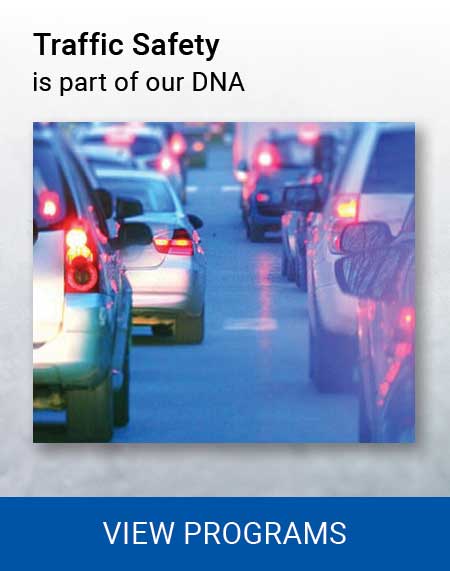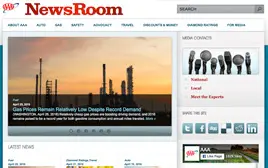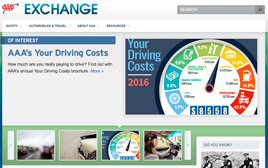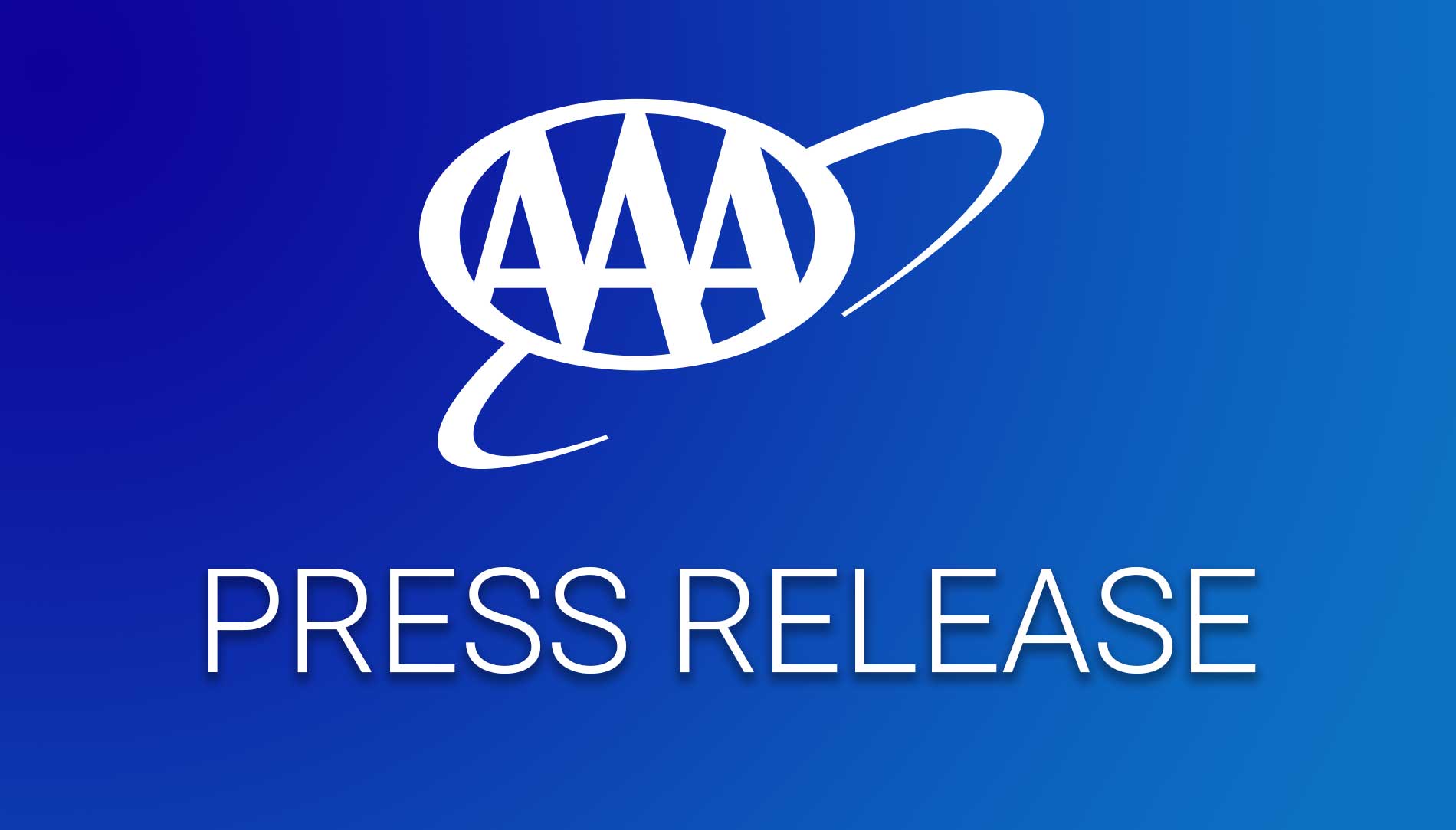AAA Testing Shows No Benefit to Splurging On Premium Fuel When Not Required By The Manufacturer
BELLEVUE, Wash. — According to new AAA research, American drivers wasted more than $2.1 billion dollars in the last year by using premium-grade gasoline in vehicles designed to run on regular fuel. With 16.5 million U.S. drivers having used premium fuel despite the vehicle manufacturer’s recommendation in the last 12 months, AAA conducted a comprehensive fuel evaluation to determine what, if any, benefit the practice offers to consumers. After using industry-standard test protocols designed to evaluate vehicle performance, fuel economy and emissions, AAA found no benefit to using premium gasoline in a vehicle that only requires regular-grade fuel.“Drivers see the ‘premium’ name at the pump and may assume the fuel is better for their vehicle,” said John Nielsen, AAA’s managing director of Automotive Engineering and Repair. “AAA cautions drivers that premium gasoline is higher octane, not higher quality, and urges drivers to follow the owner’s manual recommendations for their vehicle’s fuel.”
In partnership with the Automobile Club of Southern California’s Automotive Research Center, AAA tested 87-octane (regular) and 93-octane (premium) gasoline in vehicles equipped with a V-8, V-6 or I4 engine designed to operate on regular-grade fuel. To evaluate the effects of using a higher-octane fuel when it’s not required by the manufacturer, each vehicle was tested on a dynamometer, which is essentially a treadmill for cars that is designed to measure horsepower, fuel economy and tailpipe emissions when using both fuel types and variety of driving conditions. The laboratory testing found no significant increases in any tested category, indicating the practice of using premium gasoline when it’s not required for the vehicle offers no advantage.
“AAA’s tests reveal that there is no benefit to using premium gasoline in a vehicle that requires regular fuel,” said Megan McKernan, manager of the Automobile Club of Southern California’s Automotive Research Center. “Premium gasoline is specifically formulated to be compatible with specific types of engine designs and most vehicles cannot take advantage of the higher octane rating.”
To understand the magnitude of the issue, AAA surveyed U.S. drivers to understand what type of fuel their vehicles require and the frequency at which they upgrade to premium fuel. Results reveal:
- Seventy percent of U.S. drivers currently own a vehicle that requires regular gasoline, while 16 percent drive vehicles that require premium fuel. The remaining 14 percent own a vehicle that requires mid-grade gasoline (10 percent) or uses an alternative energy source (4 percent).
- In the last 12 months, 16.5 million U.S. drivers unnecessarily used premium-grade gasoline in their vehicle at least once. On average, those that upgraded to premium gasoline did so at least once per month.
- In the last 12 months, U.S. drivers unnecessarily used premium gasoline in their vehicle more than 270 million times.
“When it comes to gasoline, ‘premium’ does not mean ‘better’ if your vehicle doesn’t require it,” continued Nielsen. “Drivers looking to upgrade to a higher quality fuel for their vehicle should save their money and select a TOP TIER™ gasoline, not a higher-octane one.”
Previous AAA research found that fuel quality varies significantly among gasoline retailers and that using a gasoline that meets TOP TIER standards can result in 19 times fewer engine deposits, increase vehicle performance and improve fuel economy. To protect vehicle investments, AAA urges drivers to use the appropriate gasoline as determined by their car’s manufacturer (regular or premium) that meets TOP TIER standards for engine cleanliness and performance.
To calculate the total annual cost of using premium gasoline when not required by the vehicle manufacturer, AAA conducted a comprehensive analysis that included a U.S. consumer survey, Federal Highway Administration data, per-gallon costs of premium gasoline and regular gasoline and the average number of fill-ups annually. All testing was conducted at the Automotive Club of Southern California’s Automotive Research Center in Los Angeles, California, using an industry-standard chassis dynamometer, emissions test equipment and Environmental Protection Agency driving cycles. All gasoline used for testing was EPA Tier III certification fuel with ten percent ethanol content in both regular and premium grades. Certified test fuel was used to remove variability in fuel quality and additives. For this study, AAA did not evaluate the effects of using regular fuel in an engine that requires premium gasoline.






